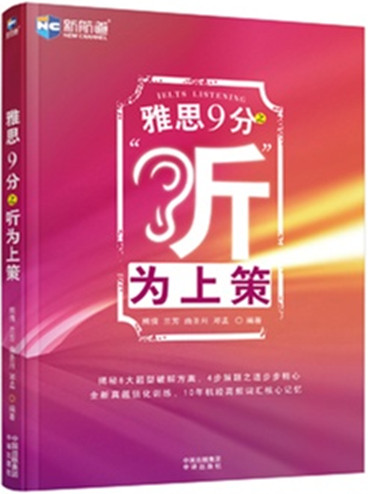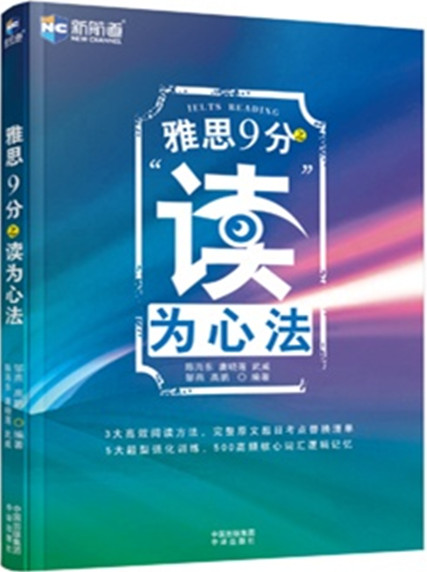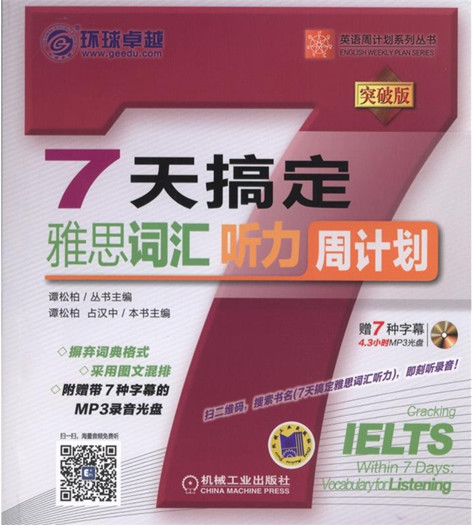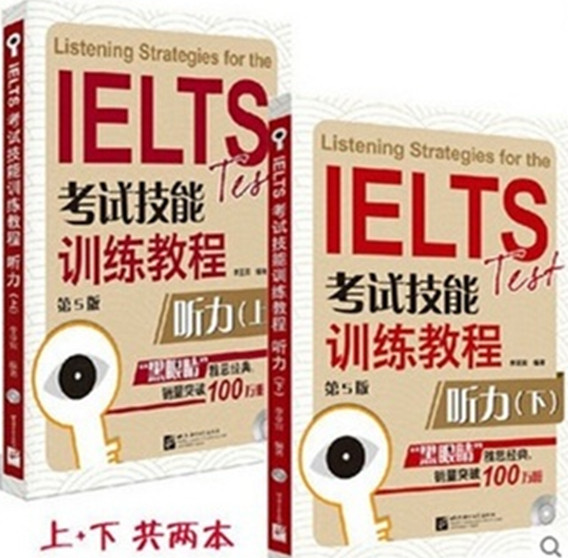如果大家感觉雅思口语tradition不太好跟别的题目合并,那么就不如“有诚意的”跟雅思考官介绍一下中国特色的传统。耳熟能详的传统节日是最好说的,开头聊聊节日的背景,后面说说沿袭了N多年的传统,在这天大家都会如何celebrate,然后再提一嘴现代社会有没有新的庆祝方式,基本上时间就到了。
所以前面几十秒基本都是在讲故事,一定要挑一个大家熟悉的素材,像纪念爱国诗人屈原的端午节,就不是很好说,反正让我讲屈原的故事,我用中文貌似都说不明白……(当然大家应该都是有文化的好少年哦,知识面肯定比我们宽广)
这里给大家分享一篇有关“七夕”的传统。因为从小大家就应该听过牛郎织女的故事吧,不过不用把未删减的故事从头到尾给考官介绍一遍,这样就有点儿偏题了,简要介绍一下就OK,之后立刻说说咱们来庆祝该节日的传统就可以了:
I'd like to talk about the things we do on Double Seventh Festival, AKA, the Chinese Valentine's Day. This festival originated from an old Chinese mythology, which is a sad love story. Once upon a time, a girl from heaven fell in love with an ordinary human being, but their love was strictly forbidden by the girl's mom, the Goddess of Heaven. She couldn't stand the idea that her fairy daughter had married a mere mortal, but at the same time, she was also touched by their unconditional love, so once a year, on the seventh day of the seventh month on Chinese lunar calendar, the two lovers were allowed to reunite on a bridge formed by a flock of magpies. To celebrate this annual meeting, on that day, single women always make offerings to the separated couple, which may include fruit, flowers, tea and face powder. They go to the local temple to make wishes for marrying someone who would be a good and loving husband. And at night, we would gaze to the sky to look for two bright stars shining in the Milky Way that symbolize the couple. This tradition has lasted for thousands of years since the Han Dynasty.
But now this festival has its new meanings, I mean, it's been completely commercialized during the last couple of years. Businessmen would take every opportunity to promote their products on that day, for example, by offering tempting discount and flash sales or organizing activities for young couples.
So you see, today, this festival is all about having a day off and celebrating love by enjoying ourselves with beloved ones.
如果想知道英文原版故事的孩子,可以查维基百科。这里改编一段,大家可以参考注释,在日后聊到该节日的时候,可以跟老外秀一下:
A young cowherd (这里不用cowboy的原因不用我解释了吧……), Niulan, came across a beautiful girl, Zhinv, the Goddess's seventh daughter, who had just escaped from boring heaven to look for fun. Zhinv soon fell in love with Niulang, and they got married without the knowledge of the Goddess (这里的knowledge不是知识的意思啦,而是the state of knowing about a particular fact or situation). They lived happily together and had two children. But the Goddess of Heaven found out that Zhinv, a fairy girl, had married a mere mortal. The Goddess was furious and ordered Zhinv to return to heaven. On Earth, Niulang was very upset that his wife had disappeared. Suddenly, his ox began to talk, telling him that if he killed it and put on its hide (我不会告诉你hide还有“兽皮”的意思……还有ox跟bull有啥区别呢?ox是被阉割的公牛,专门在田地里耕作的), he would be able to go up to Heaven to find his wife. Crying bitterly, he killed the ox, put on the skin, and carried his two beloved children off to Heaven to find Zhinv. The Goddess discovered this and was very angry. Taking out her hairpin, the Goddess scratched a wide river in the sky to separate the two lovers forever, thus forming the Milky Way between Altair and Vega (牛郎星和织女星). Zhinv must sit forever on one side of the river, sadly weaving on her loom, while Niulang watches her from afar while taking care of their two children. But once a year all the magpies in the world would take pity on them (可怜、同情他们) and fly up into heaven to form a bridge (就是传说中的鹊桥,"the bridge of magpies") over the star Deneb (天鹅座第一亮星) in the Cygnus constellation (天鹅座) so the lovers may be together for a single night, which is the seventh night of the seventh moon.
- 08-09·如何拿下雅思口语印象高分
- 08-04·2018年雅思口语素材:Vacation
- 08-04·2018年雅思口语素材:Garden
- 08-04·2018年雅思口语素材:Family
- 08-04·2018年雅思口语素材:Relaxation
- 12018-05-222018年雅思口语考官常见的开场白
- 22018-05-222018年雅思口语练习题(9篇)
- 32017-10-272017年雅思口语必备词汇:教育背景
- 42017-10-262017年雅思口语范文汇总(51篇)
- 52017-10-262017年9-12月雅思口语新题汇总
编辑推荐
- 模拟试题
- 历年真题





